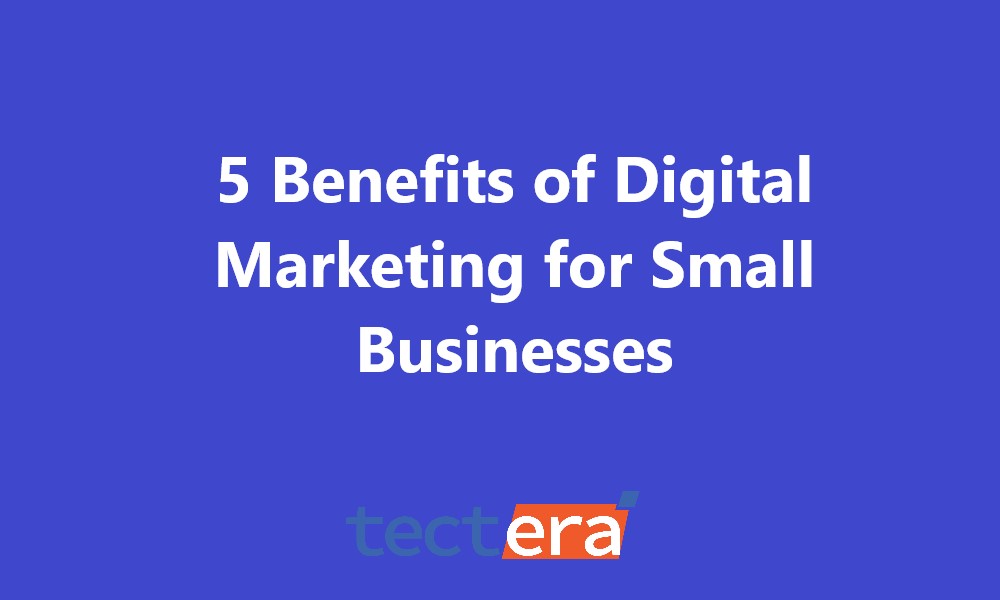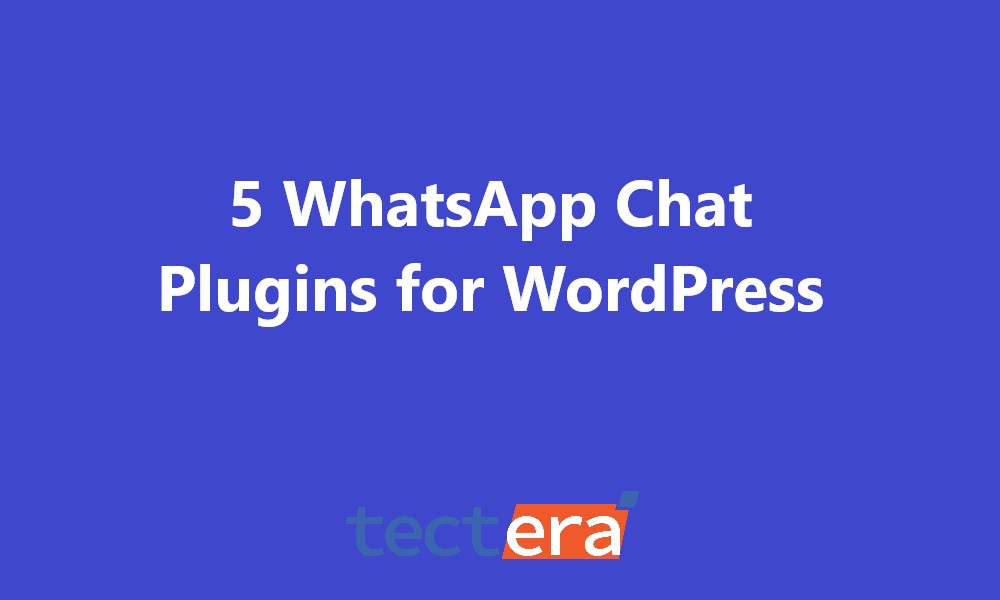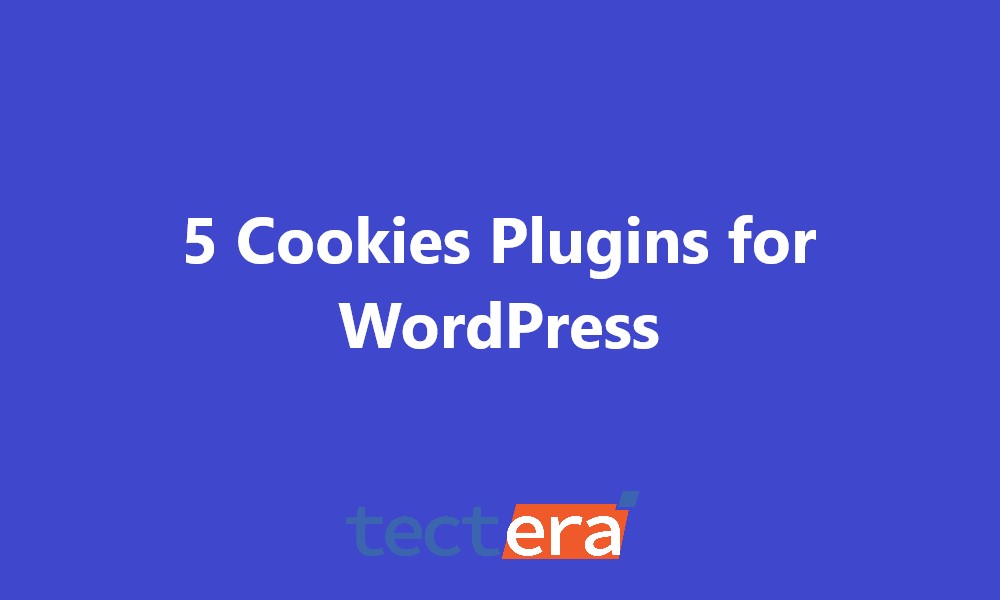Looking for SEO benefits of lazy loading?
Developers have been employing technical tools like lazy loading to make the most of modern SEO. This backend engineering method can obviously make a difference for your website/app. So, knowing its positives as well as when to go for this trendy feature is crucial.
Table of Contents
ToggleWhat is Lazy Loading?
It’s a website/webpage loading system to enable a gradual, partial, steady loading of onscreen content. Some elements (let’s say a 4K image) surely take some additional seconds to load. And the waiting time can reach to minutes with a webpage featuring many images, audio, videos.
Lazy loading will instantly load the visible part of the screen clearly while the remaining part will load gradually. Scrolling down will either initiate an opposite effect or simply keep the entire content loaded. So, lazy loading seems like a technique to manage the onscreen appearance.
Eager Loading is directly opposite to Lazy Loading, requiring servers to load all page contents at once. Catching plays a crucial role in eager loading which is readily used to let users return to homepages. Wikipedia is a prime example of eager loading as it mostly contains text.
How Lazy Loading Impacts SEO?
Search Engine Optimization is the practice of pushing your webpage contents higher in SERP ranking. And popular search engines utilize lots of different facts to decide or update the ranking. Choosing your strategy will make or break the initiatives based on the integrated techs.
Lazy Loading interconnects some of the forefront prerequisites to achieve success in web/app SEO. So, implementing the tool can provide additional benefits to some of the must-have features users want. Let’s take a look at the top five (5) SEO benefits of integrating lazy loading.
1. Faster Page Load Times
Lazy loading only calls out a webpage when it’s needed or requested by the user. All the web contents feature no interaction, except for the loaded, opened, or requested ones. So, loading a webpage from the server becomes simpler, reducing the load time.
The overall size of the incorporated DOM (Document Object Model) tree gets reduced via lazy loading. A DOM tree contains every element necessary to present a webpage on the screen. Lazy loading enables easier rendering for DOM, resulting in less load time.
2. Improved User Experience
The technique defers resource loading unless requested by visitors, particularly suitable for hefty sites. Webpages with heavy content still load rather quickly with lazy loading. Customers don’t have to wait to see prolonged loading, increasing the likelihood of engagement.
Mobile users with compromised internet speed can still effortlessly access everything necessary here. The browser itself doesn’t have to bear extra pressure during loading. Overall, an elevated level of UX is guaranteed with the integration of lazy loading for your website.
3. Reduced Bounce Rate
The significance of reduced or minimal bounce rate for websites/apps continues to surge with more emphasis put on SEO. It’s a crucial metric to measure the overall user engagement regarding the site/app performance among the target audiences.
Lazy loading indirectly but surely helps reduce bounce rates, depending on your web content. Increased retention through viewer engagement occurs, thanks to superfast onscreen response. And it should result in more views, conversation, and sales.
4. More Efficient Crawling
Lots of users struggle to access several high-traffic websites from time to time. It’s because almost all resources load when so many viewers request access. But implementing lazy loading means more like a partial loading of the webpage without optional elements.
It not only saves the bandwidth, data, response but also secures less-necessary content from flowing. You can find, sort, redirect all the resources based on view numbers from an audit. Thus, you can put the best content on top, making search engine crawling easier.
5. Reduced Server Load
This beneficial software engineering tool delays and/or prohibits the loading of retarding elements. A website functioning based on a large database of images, audio, videos puts extra pressure on servers. And it becomes a severe issue with popular or heavily surfed websites.
Lazy loading lets the server provide only the information needed by the users without loading every element all at once. It imparts quite a good improvement for servers dealing with APIs on a regularly changing database. Even the application or website works rather well.
Implementing Lazy Loading
You better conduct detailed research on your overall SEO performance through different metrics/KPIs. Not all sites/apps require the integration of lazy loading, particularly the ones with low databases. Also, you should evaluate whether all the content elements are mandatory.
However, looking into your SEO strategy would be the first thing as superior SEO is the objective here. Make sure search engines can find, crawl, index, and rank your webpages via your content elements.
Google even released a lazy loading document to help developers prevent errors in implementation. A split test on the web/app with lazy loading against the one without this tech may give a comparative analysis. Nonetheless, the actual integration process isn’t that simple.
When to Avoid Lazy Loading?
It’s indeed a good idea for SEO for your online ventures unless you encounter any of the following:
- Users to make quick scrolling may not get the full onscreen media. Viewers will have to spend extra time on the webpage for a full loading. In this case, you should skip lazy loading.
- A change in the web/app coding structure is obligatory to incorporate the technique. Any error can lead to serious issues in terms of loading, appearing, and even browsing.
- As priority elements are loaded first, among which communication elements aren’t included very often. It hinders the communication with server/admin, stretching over extra time.
This means you can’t implement features like lazy loading blindly in an attempt to push your SEO.
Wrapping Up
Internet users heavily prioritize the website speed as well as the content quality. And it’s not always necessary to flood the screen with unwanted elements alongside the intended one(s). That’s where lazy loading can benefit you by limiting the flow of data to speed up the load time. It’ll even help you manage the resources rather effectively to make users stay longer on your website.
Contact Tectera a SEO company in Scarborough to implement lazy loding.











